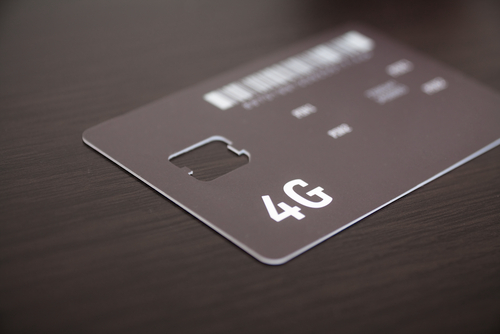Mobile Operators To Attend Government 4G Meeting

DCMS looks to 4G to bring superfast broadband to rural areas not covered by BDUK
Both fixed line broadband providers and mobile operators will be invited by the Department of Culture, Media and Sport (DCMS) to participate in the next phase of the government’s plan to extend superfast broadband to 98 percent of the UK by 2018.
The government has allocated £250 million to provide superfast broadband to areas of the country that will not be covered by the existing £530 million Broadband Delivery UK (BDUK) programme, which is aiming for 90 percent coverage by 2015.
However, BDUK has come in for some intense criticism from the National Audit Office (NAO) and Public Accounts Committee (PAC) after a procurement process which has seen BT win all of the public money available so far. Its only rival Fujitsu withdrew earlier this year.
Government 4G plans
 The DCMS hopes the next phase of the rollout, which is regarded as an entirely new project, will be more competitive and even hopes there will be the chance for communities to be involved. It is understood executives from EE, Vodafone and Three will attend the meeting, and will hope to convince the government that 4G networks will be able to reach the final ten percent alongside fibre.
The DCMS hopes the next phase of the rollout, which is regarded as an entirely new project, will be more competitive and even hopes there will be the chance for communities to be involved. It is understood executives from EE, Vodafone and Three will attend the meeting, and will hope to convince the government that 4G networks will be able to reach the final ten percent alongside fibre.
LTE services have long been touted as a way of solving so-called rural ‘not-sports’. EE 4G brought superfast broadband to rural Cumbria for the first time in March, while the 800MHz spectrum package won by O2 requires the operator to ensure 98 percent of the UK population can receive 4G.
However, mobile services in rural areas do not currently get government support smiilar to the BDUK fibre scheme, so operators do not have any incentive to expand their networks, beyond the numbers of subscribers they can pick up there.
O2’s 4G licence requirement to serve 98 percent of the population does not come with any speed requirement attached, so it will not directly affect broadband provision.
EE rolled out the UK’s first 4G service last year, while O2 and Vodafone launched rival services in August. Three will begin offering LTE this December at no additional cost to customers, while BT’s full intentions with the £186.5 million worth of 2.6GHz spectrum it won in the Ofcom 4G auction are still unclear, although it is the 800MHz bandwidth that will likely be of more use to rural areas because of its longer range.
Are you up to speed on 4G? Try our quiz!